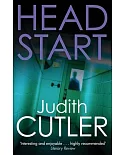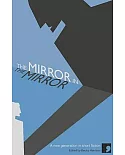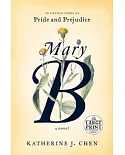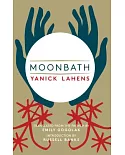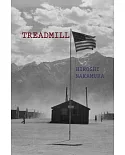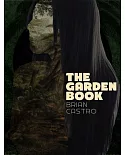Rake, drunkard, aesthete, gossip, raconteur extraordinaire: the narrator of Bohumil Hrabal's rambling, rambunctious masterpiece Dancing Lessons for the Advanced in Age is all these and
more. Speaking one day to a group of sunbathing women who remind him of lovers past, this elderly roué proceeds to tell the story of his life-or at least to unburden himself of a lifetime's
worth of stories. Thus we learn of amatory conquests (and humiliations), of scandals both private and public, of military adventures and domestic feuds, of what things were like “in the days of
the monarchy” and how they've changed since. As the book tumbles restlessly forward, and the comic tone takes on darker shadings, we realize we are listening to a man talking as much out of
desperation as from exuberance.
Hrabal, one of the great Czech writers of the twentieth century, as well as an inveterate haunter of Prague's pubs and football stadiums, developed a unique method which he termed pabeni
(or “palavering”), whereby characters gab and soliloquize with abandon. Part drunken boast, part soul-rending confession, part metaphysical poem on the nature of love and time, this astonishing
novel (which unfolds in a single monumental sentence) shows why Milan Kundera called Hrabal “our very best writer today.”



